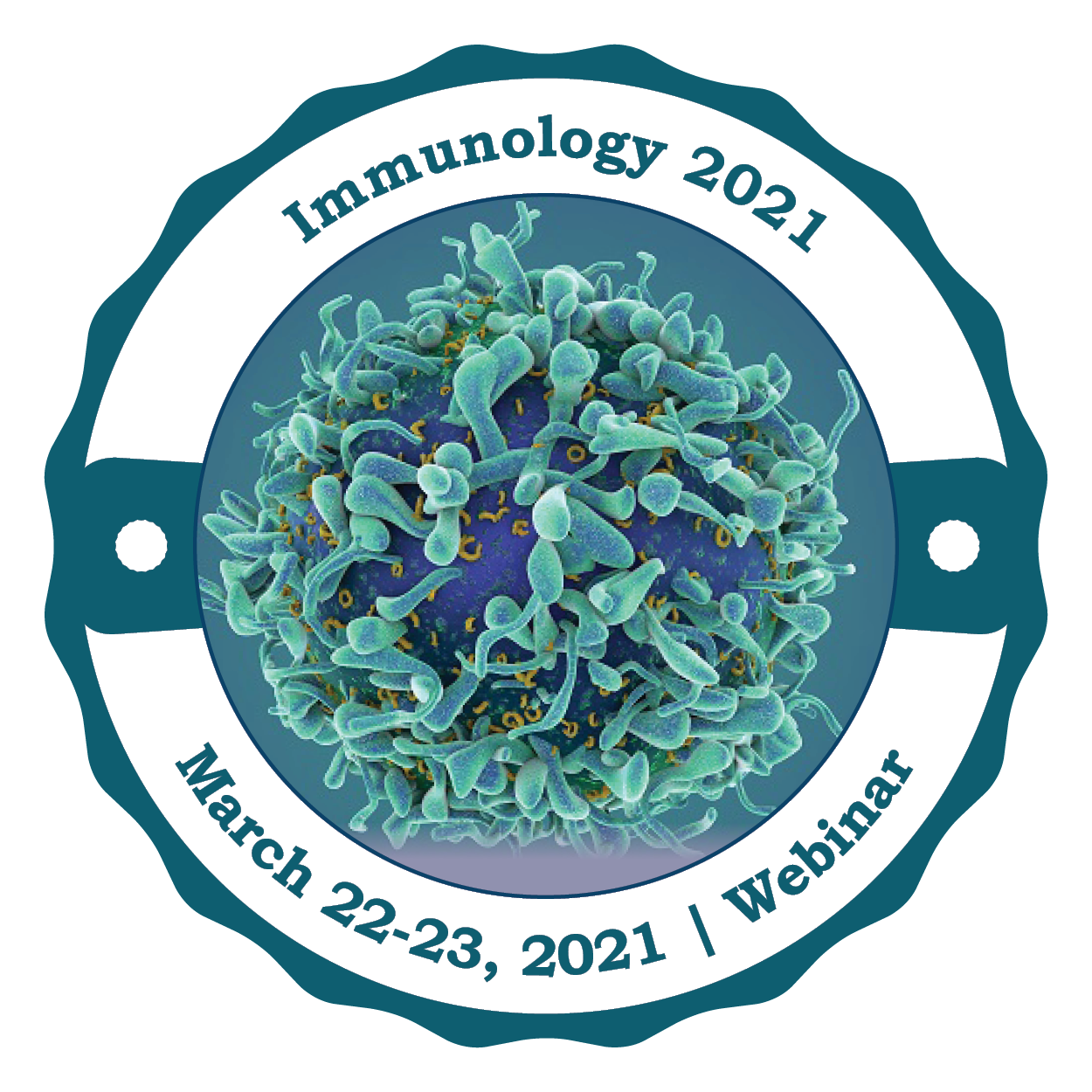
Bakela Katerina
University of Crete, Greece
Title: Immunotherapy-on-chip against an experimental sepsis model
Biography
Biography: Bakela Katerina
Abstract
Lipopolysaccharide (LPS) is commonly used in murine sepsis models, which are largely associated with immunosuppression (incretion of MDSCs cells and Tregs, imbalance of inflammatory/anti-inflammatory cytokines) and collapse of the immune system. After adapting the LPS treatment to the needs of BALB/c mice, the present study explored the protective role of Micrococcus luteus peptidoglycan (PG) pre-activated vaccine-on chip in endotoxemia. The established protocol consisted of five daily intraperitoneal injections of 0.2mg/gr LPS. Such protocol allowed longer survival, necessary in the prospect of the therapeutic treatment application. A novel immunotherapy technology, the so-called vaccine-on-chip consists of a 3-dimentional laser micro-texture Si-scaffold loaded with BALB/c mouse macrophages and activated in vitro with 1μg/ml PG, which exert its action upon subcutaneous implantation. The LPS treatment significantly decreased CD4+ and MHC-II+ cells, while increasing myeloid-derived suppressor (MDSCs) and CD25+ cells. These results were accompanied by increased arginase-1 activity in spleen cell lysates and production of IL-6, TNF-a, and IL-18, while acquiring severe sepsis phenotype as defined by the murine sepsis scoring. The in vivo application of PG pre-activated vaccine-on chip significantly increased the percentage of CD19+ cells, while decreasing the percentage of Gr1+, CD25+ cells and arginase-1 activity in the spleen of LPS-treated animals, as well as IL-6 and TNF-a in the serum, allowing survival to all animals tested and rescuing the severity of sepsis phenotype. In conclusion, these results reveal a novel immunotherapy technology based on PG pre-activated micro-texture Si-scaffolds in LPS endotoxemia, supporting thus its potential use in the treatment of septic patients.

